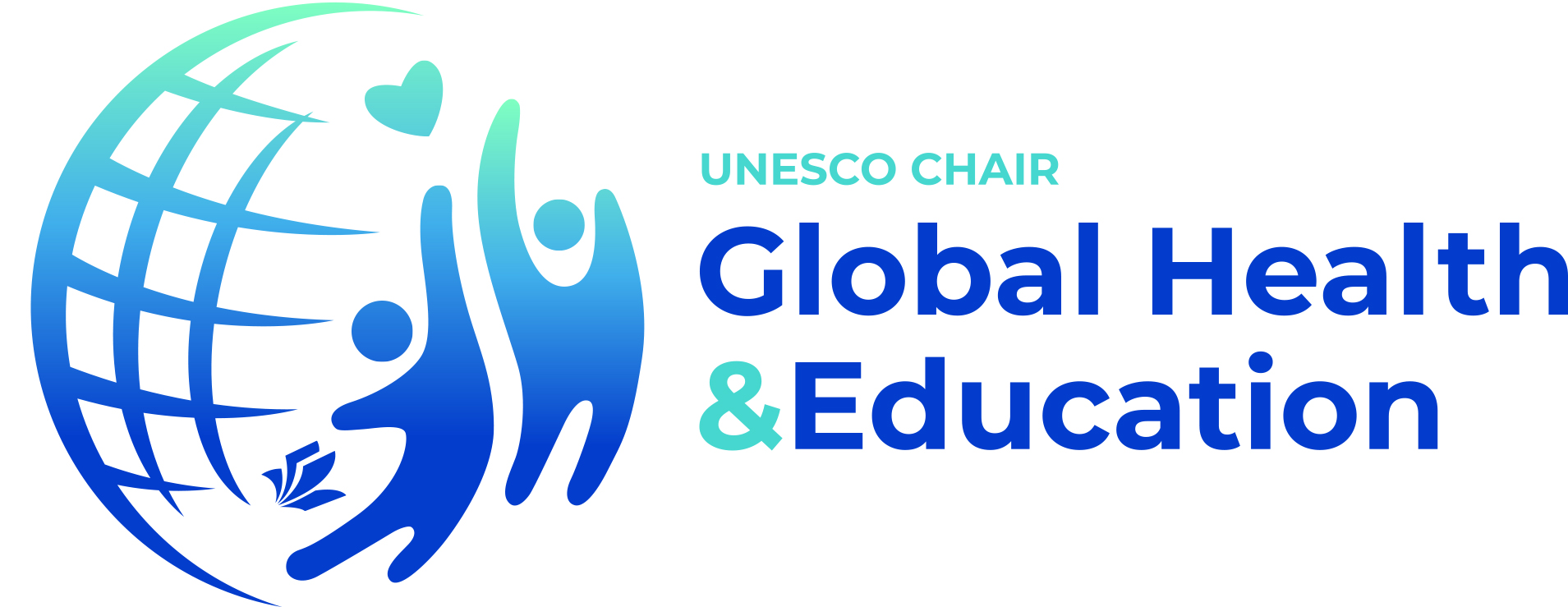The health of children and young people is a major concern worldwide and it is recognized that effective initiatives are needed to improve health. On 10 October 2018, two UNESCO Chairs in Global Health & Education will be officially launched at UNESCO headquarters in Paris. One chair holder is the Universities of Clermont-Auvergne in France and the other Osaka University in Japan.
The main aim of the Chairs is to address some of the most pressing issues around the health of children and young people in the world through health education and health promotion. The expected reach of the two Chairs will indeed be truly global covering most countries involved with the Chairs’ respective networks. One of the key note speakers at the launch event will be professor Michael Marmot, one of the world’s leading scientists on reducing health inequalities.
With more than 200 participants present from over 40 countries in the world attending the launch, this event is the starting point of a global movement. It will lead to strengthen research and knowledge dissemination. The Universities of Clermont-Auvergne in France and of Osaka University in Japan are the first building blocks. Other universities are already deeply committed to the network that will be built around the chairs including Hong Kong (Chinese University of Hong Kong), Lebanon (St Joseph University), Algeria (Oran 1 Ahmed Ben Bella University), Kazakhstan (Nazarbayev University), Tunisia (Tunis El Manar University), Senegal (Cheikh Anta Diop de Dakar University), Cameroun (Yaoundé University) and Ivory Coast (Félix Houphouet-Boigny University).
Alongside the launching of the two chairs, the new WHO Collaborating Centre for Research in Education and Health will start its activities. Together with the UNESCO Chair these will act as strategic resources for knowledge production, knowledge transfer, and capacity building for policy and practice, in order to improve the health and wellbeing of children and young people worldwide. By connecting a variety of key actors, such as UN agencies (including UNESCO and WHO), UN member states, academia, educational institutes, NGOs, companies, and local communities the UNESCO Chair will be an effective force for change. It will support community building, implementation of stimulating innovative projects, actor management and fundraising.
The initiative is supported by University of Clermont-Auvergne, Osaka University, UNESCO, WHO, MGEN/Groupe Vyv and International Union for Health Promotion & Education (IUHPE).

